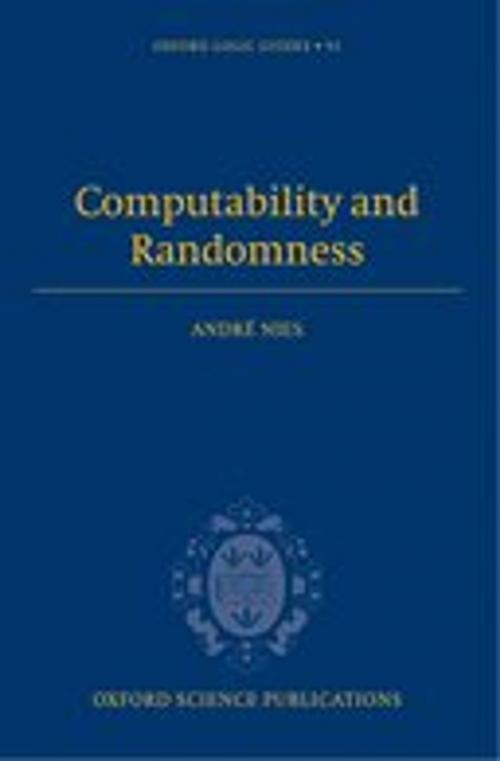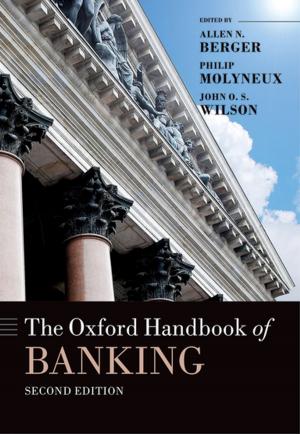Computability and Randomness
Nonfiction, Religion & Spirituality, Philosophy, Logic, Science & Nature, Mathematics, Computers, General Computing| Author: | André Nies | ISBN: | 9780191627880 |
| Publisher: | OUP Oxford | Publication: | March 29, 2012 |
| Imprint: | OUP Oxford | Language: | English |
| Author: | André Nies |
| ISBN: | 9780191627880 |
| Publisher: | OUP Oxford |
| Publication: | March 29, 2012 |
| Imprint: | OUP Oxford |
| Language: | English |
The interplay between computability and randomness has been an active area of research in recent years, reflected by ample funding in the USA, numerous workshops, and publications on the subject. The complexity and the randomness aspect of a set of natural numbers are closely related. Traditionally, computability theory is concerned with the complexity aspect. However, computability theoretic tools can also be used to introduce mathematical counterparts for the intuitive notion of randomness of a set. Recent research shows that, conversely, concepts and methods originating from randomness enrich computability theory. The book covers topics such as lowness and highness properties, Kolmogorov complexity, betting strategies and higher computability. Both the basics and recent research results are desribed, providing a very readable introduction to the exciting interface of computability and randomness for graduates and researchers in computability theory, theoretical computer science, and measure theory.
The interplay between computability and randomness has been an active area of research in recent years, reflected by ample funding in the USA, numerous workshops, and publications on the subject. The complexity and the randomness aspect of a set of natural numbers are closely related. Traditionally, computability theory is concerned with the complexity aspect. However, computability theoretic tools can also be used to introduce mathematical counterparts for the intuitive notion of randomness of a set. Recent research shows that, conversely, concepts and methods originating from randomness enrich computability theory. The book covers topics such as lowness and highness properties, Kolmogorov complexity, betting strategies and higher computability. Both the basics and recent research results are desribed, providing a very readable introduction to the exciting interface of computability and randomness for graduates and researchers in computability theory, theoretical computer science, and measure theory.















